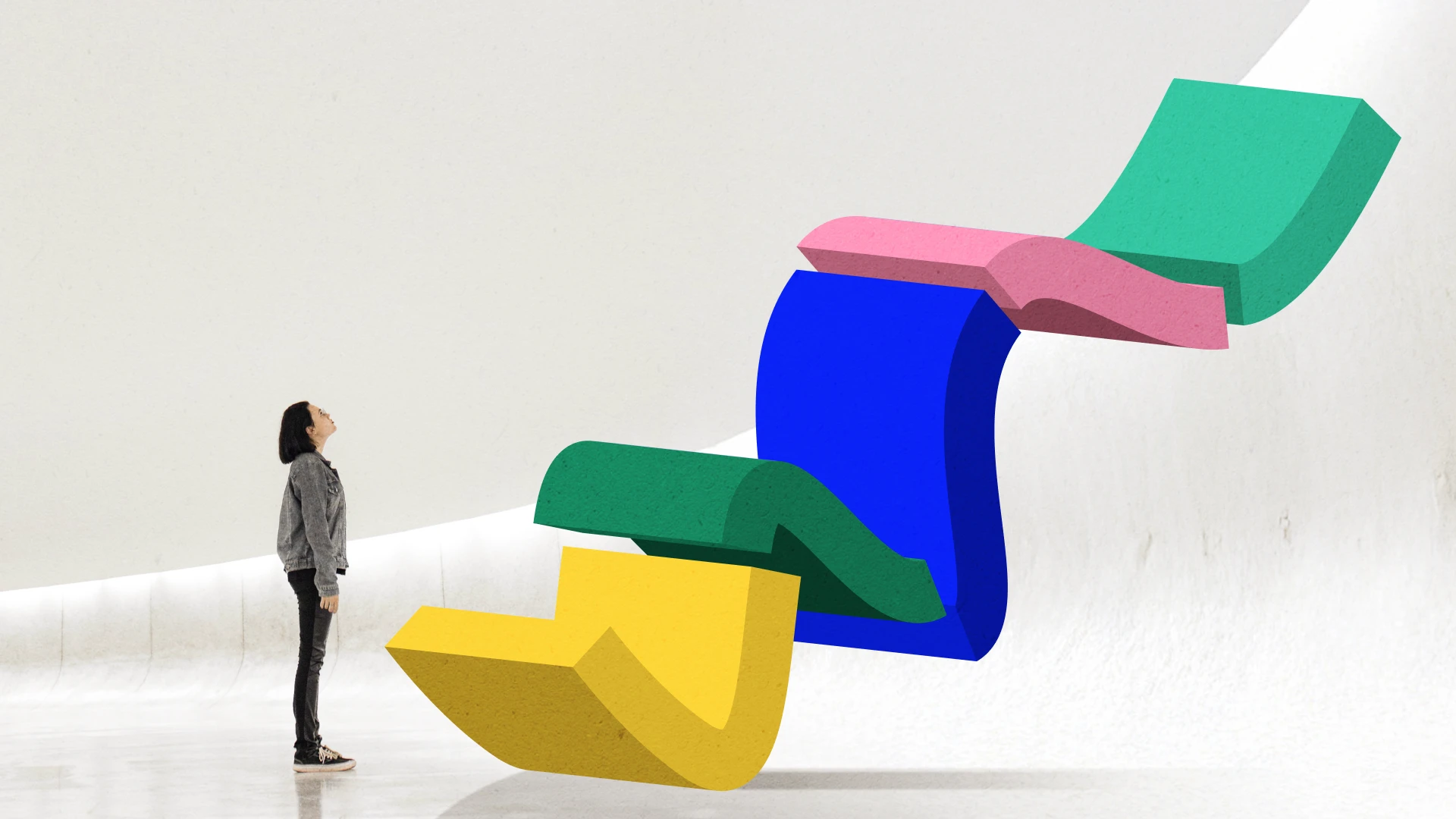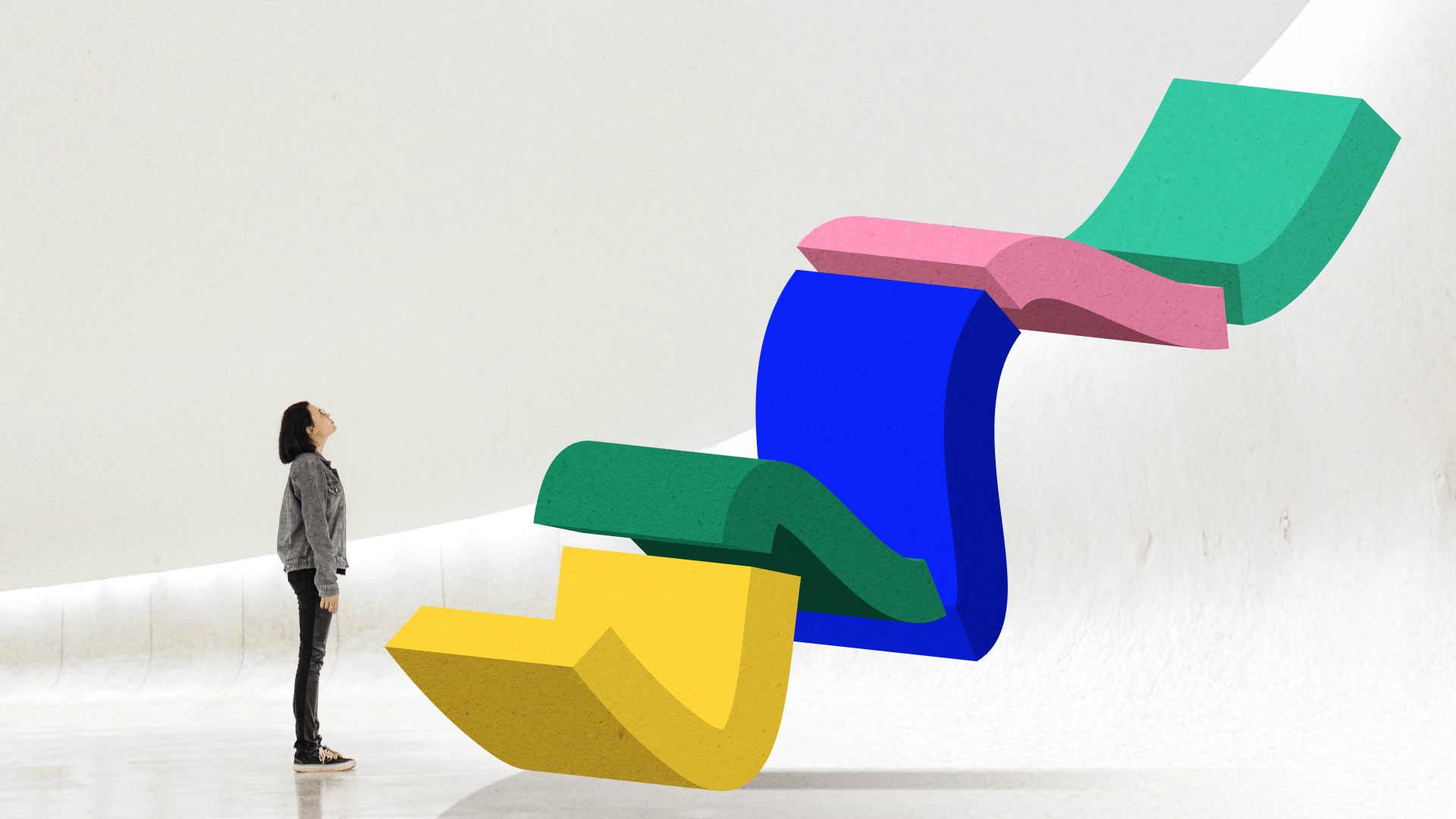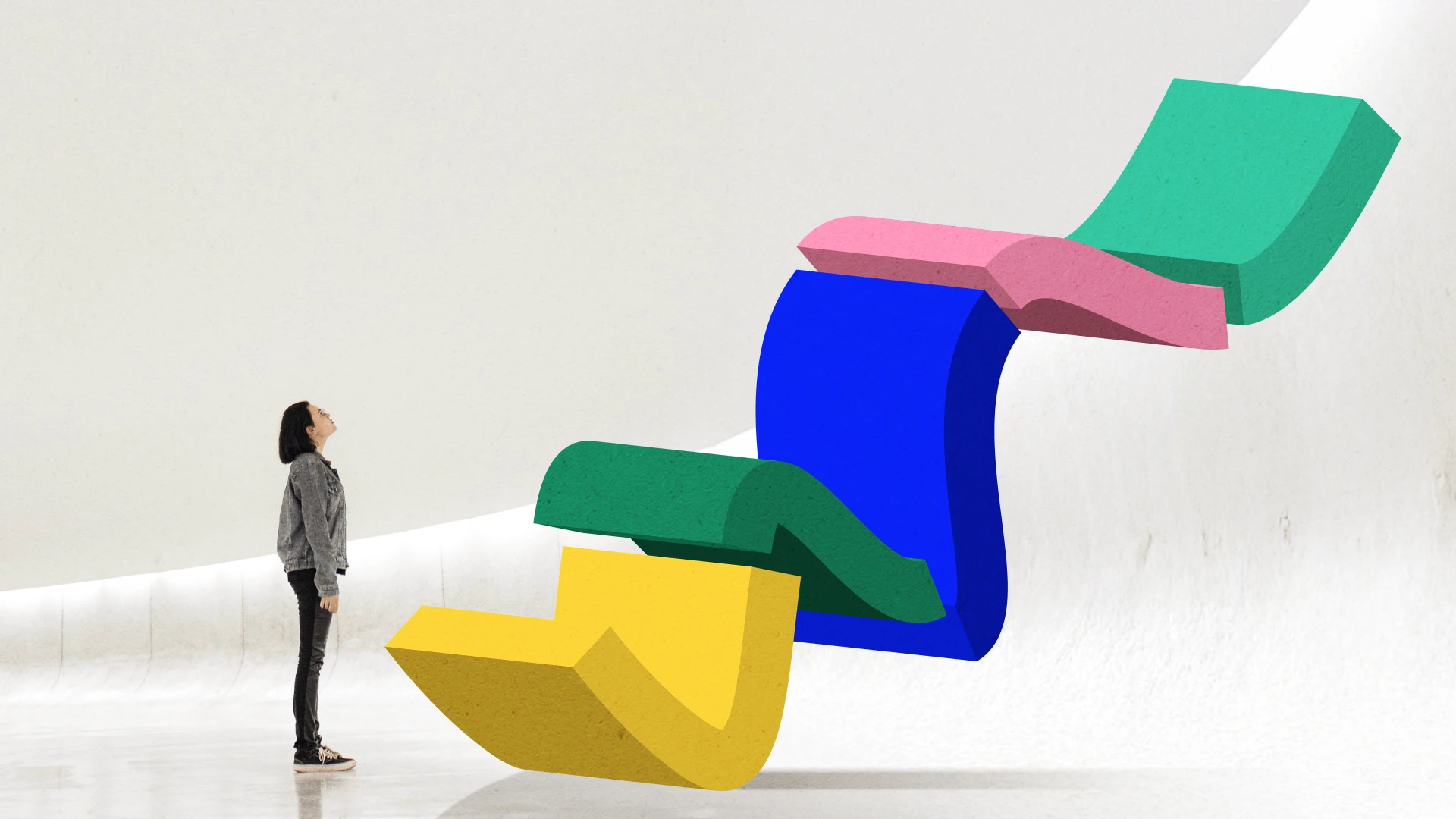Well the baker, knowing that everyone has twice as much money, puts his prices up because he knows the market can bear it. That's the way I reason it.
The good news is this simply doesn't happen (in civilized modern countries).
People with more money don't buy twice as much bread, they buy other things.
The bread maker is still competing with milk producers and video game makers and artists.
You can read about price elasticity for more details (and to not just take my word for it.)
Highly inelastic goods (water, transportation, eggs) are the most likely to have runaway price increases.
But civilized countries already have public options to supply these items at cost :public water, public transport, food stamps.
This means we already have the necessary buffers against any impact by UBI. Any provider of an inelastic good who raises their price too far loses business to the public option.
Schwinn and Ferrari will all see slightly more sales with UBI as a few people use their additional income to purchase a bicycle or a supercar, but the bus lines must still run to keep them honest.
The risk is minimal because we already know what public consumption of these goods looks like, when they're free or heavily subsidized, in each civilized country.


